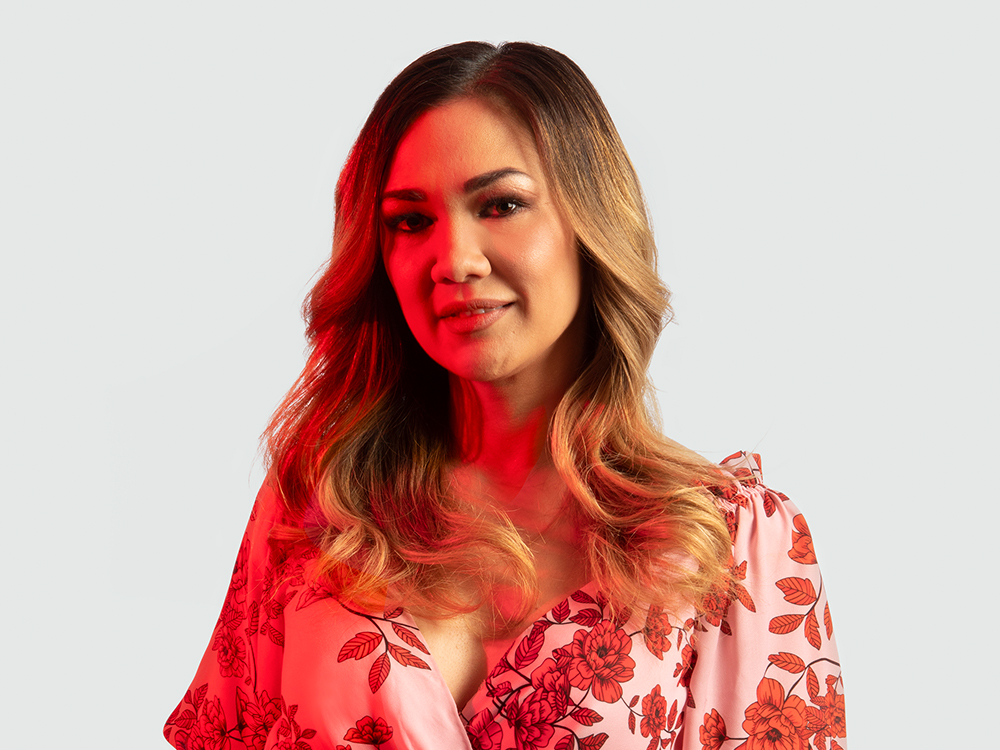Counselling is a process in which people evaluate themselves, make choices, accept responsibility for those choices and decide on courses of action that are consistent with those choices.
The relationship between counsellor and client is an alliance, in which both trust and understanding are essential. The research and professional domain of Counselling overlaps with other professional areas such as Psychology, Health Sciences, Social Work, Education and Sociology.
UC's Master of Counselling is the only postgraduate Counselling programme in the South Island and takes a solution-focused approach. Graduates working in professional practice will enhance and promote the positive growth, wellbeing, and mental health of individuals, families and groups.
Counselling is a profession that attracts people who have a developed understanding of themselves, a high level of empathy, the basic desire to help other people and an interest in issues of social justice. Applicants to our programme are expected to demonstrate self-knowledge, sensitivity, empathy, communication skills, respect from others, professional awareness and self-development.
We offer the flexibility to study full or part-time and utilise distance learning, enabling students to continue to work while studying for their qualification. We mostly use a format of intensive workshops (for practice-based teaching) alongside internet-based teaching and learning activities. The intensive workshops vary between two to five days.
Practical experience in a related field is recommended before applying for the Master of Counselling. This could include church work, volunteering at a school, telephone counselling or working with a community mental health provider. Experience which encourages the development of skills for relating to people are also valuable, for example, nurse aiding, working in a rest home or working with children with special needs.


